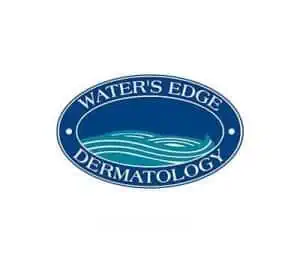
Genital warts are caused by the human papilloma virus commonly known as HPV. There are more than 100 different strains of HPV known to exist. While only a small percentage of people with HPV will have genital warts, HPV carriers can still pass on the virus. Some people don’t even know they have it and are unknowingly spreading the virus. It can sometimes take years for the virus to develop warts, while some people contract them after a few months of contact with the virus.
The warts can show up on the genitals, anus or mouth and throat of an infected person, depending on where contact occurred.
Genital warts should be removed and treated. The warts are difficult to keep clean, can itch and bleed, and interfere with urination, bowel movements and sexual intimacy. Genital warts may also be passed along to infants during birth; alternate means of birth should be used.
If you think you may have contracted genital warts, make an appointment to see your Water’s Edge medical dermatologist immediately. There are various types of genital warts treatments.
Treatments
- Excision
- Electric needle removal
- Freezing with liquid nitrogen, cryosurgery
- Laser
- Applied chemicals
- Applied acids
- Podofilox gel or solution to stop wart growth
- Imiquimod cream
Successful removal of the warts is not a guarantee that the HPV virus is completely gone. The HPV may be deep in the skin. A person with HPV after wart treatment may still be able to transmit the virus.
HPV is a virus and there is no cure. The Center for Disease Control (CDC) recommends that all girls and boys receive the HPV vaccine at age 11 or 12. The vaccine is also recommended for gay and bisexual men and men with compromised immune systems (including HIV) through age 26, if they did not get fully vaccinated when they were younger.





